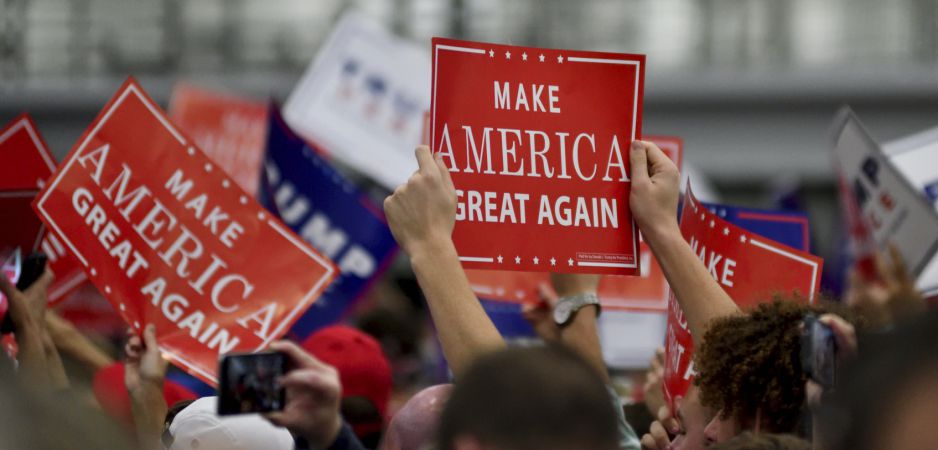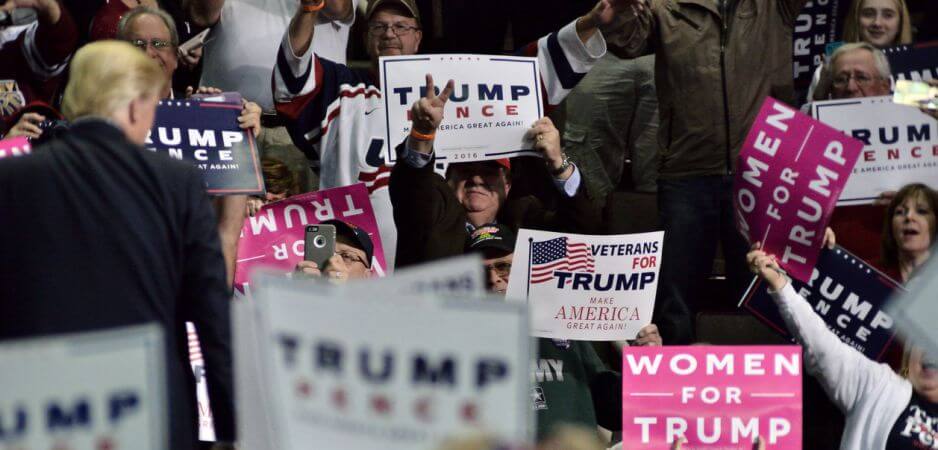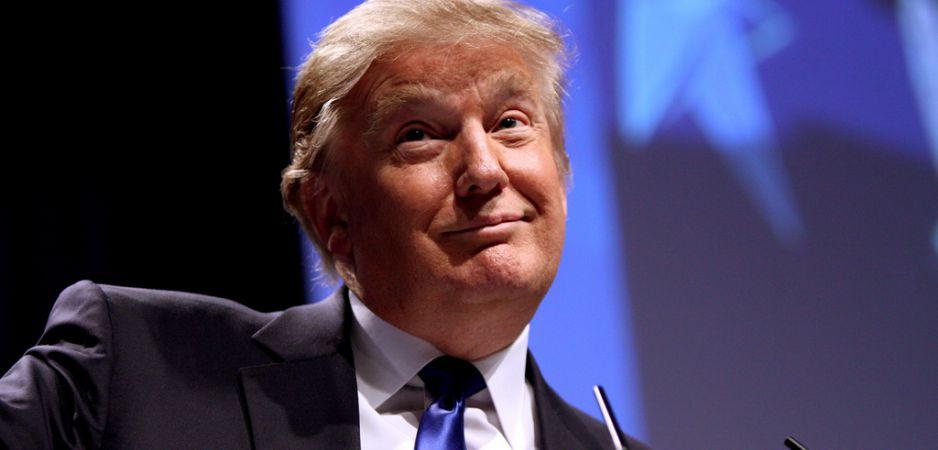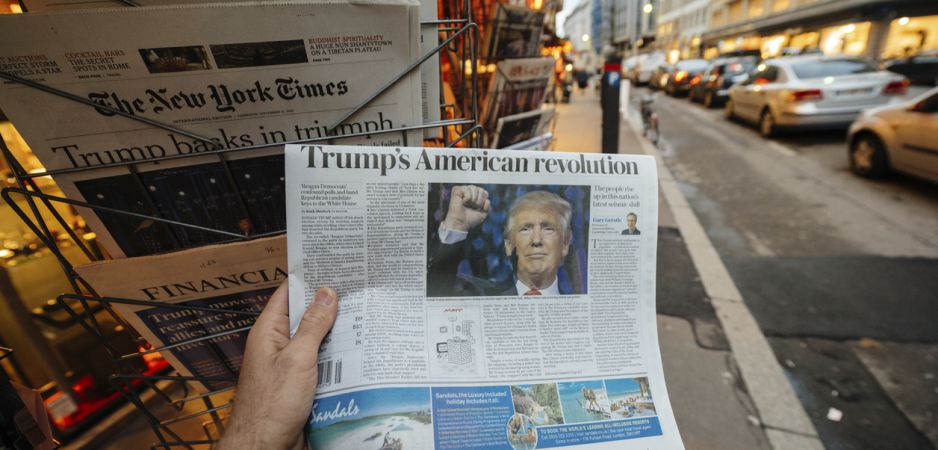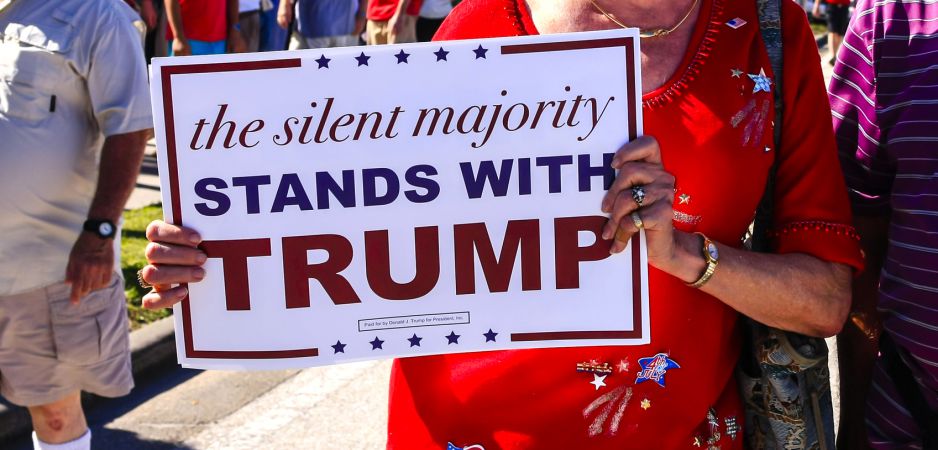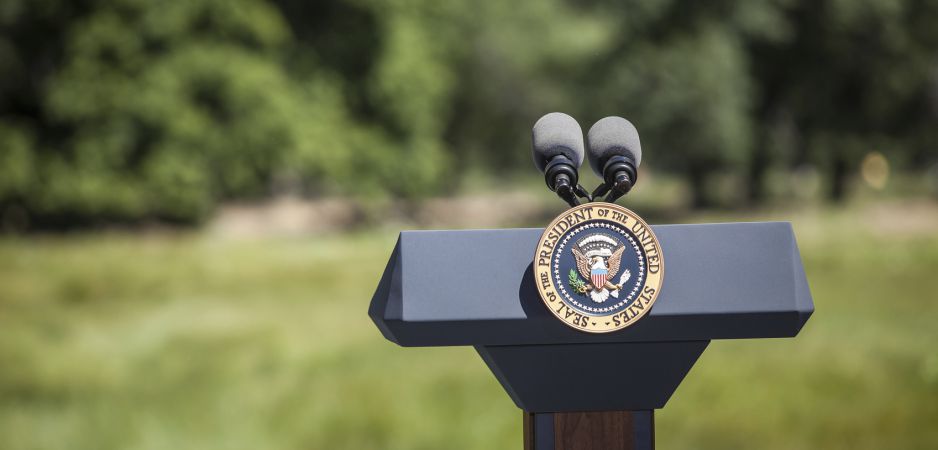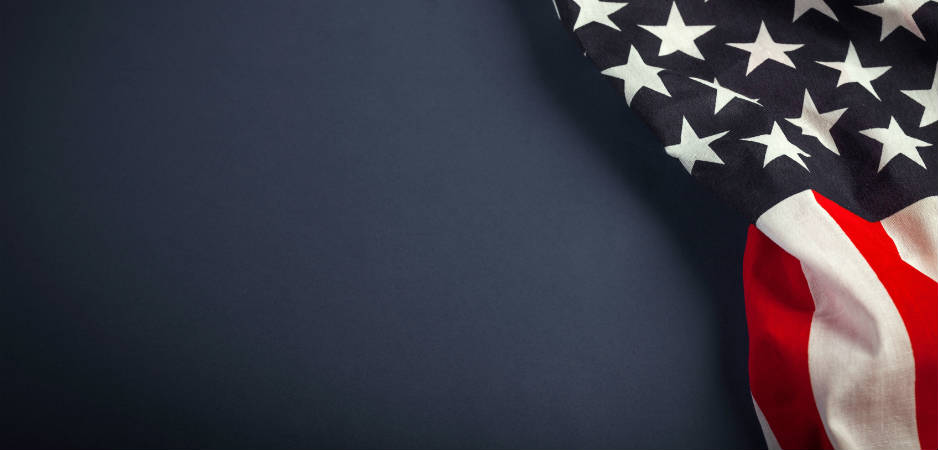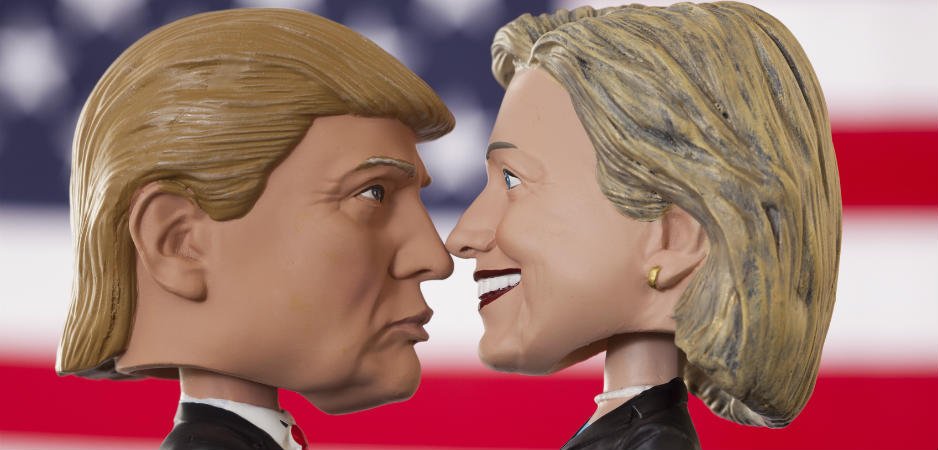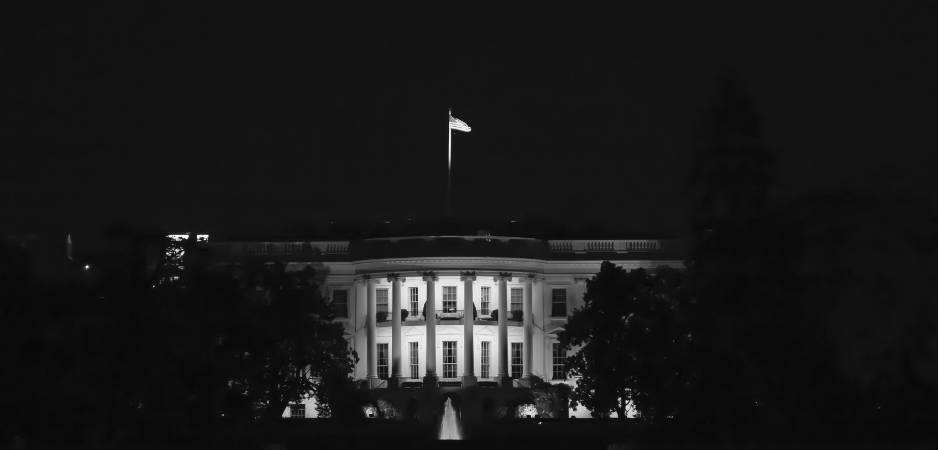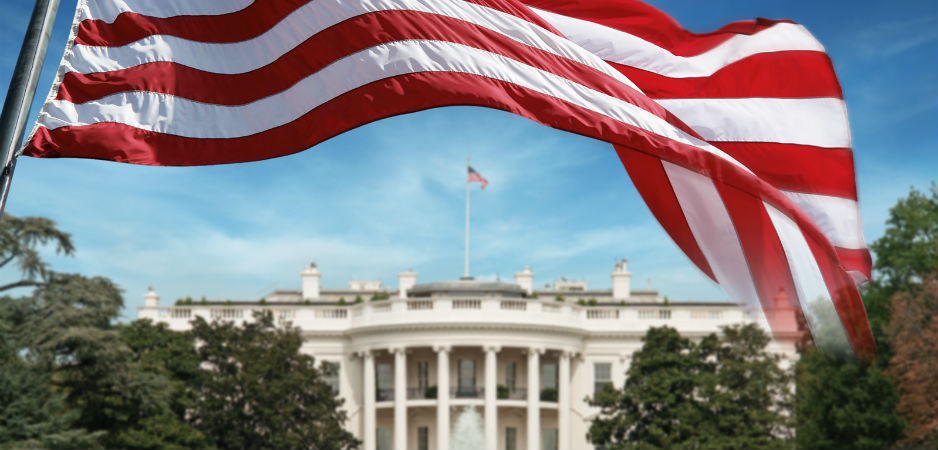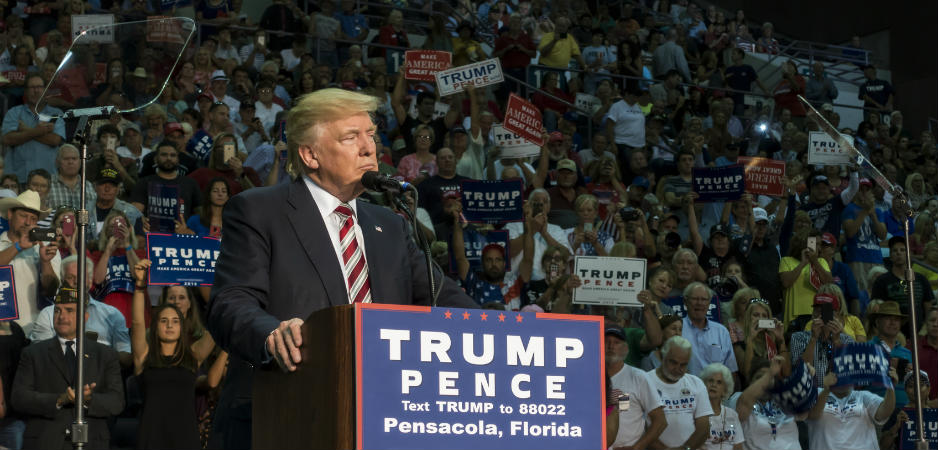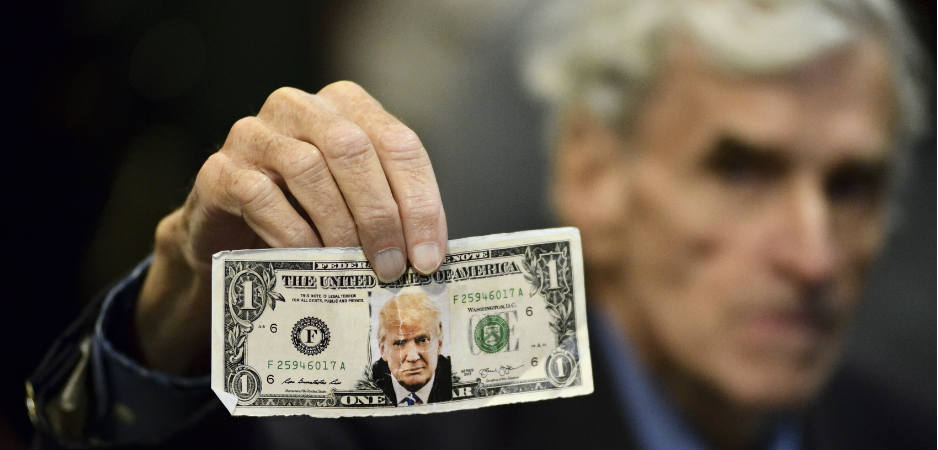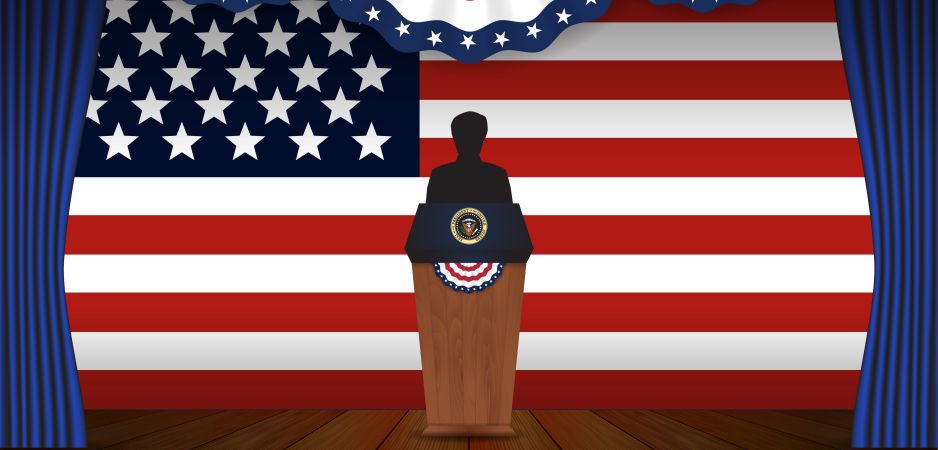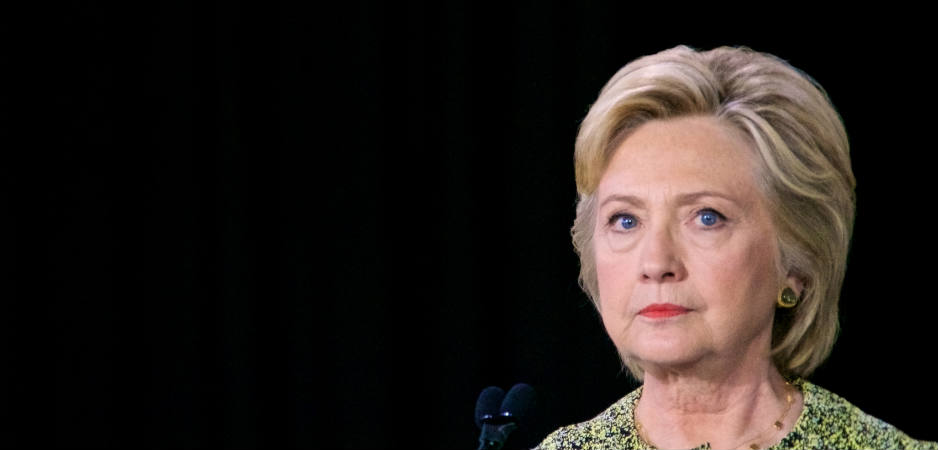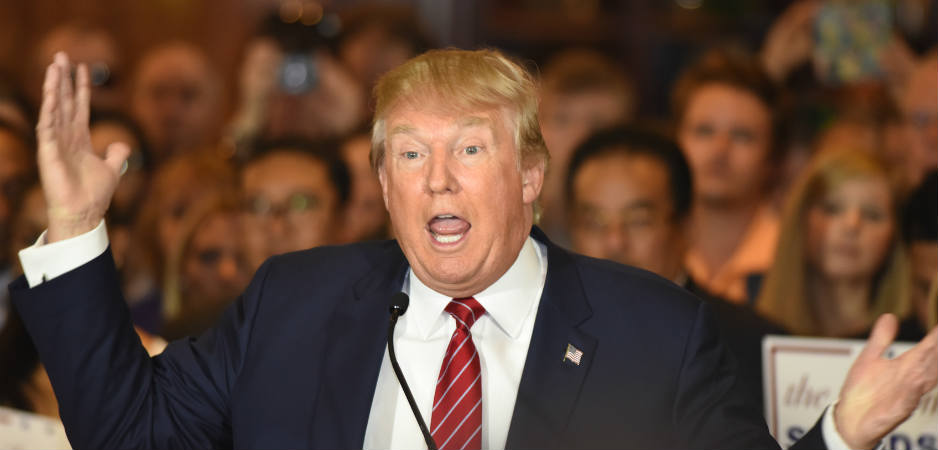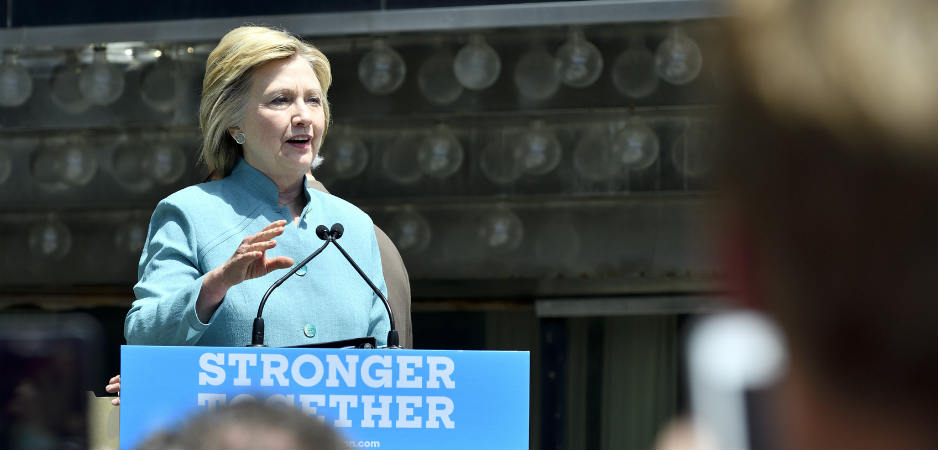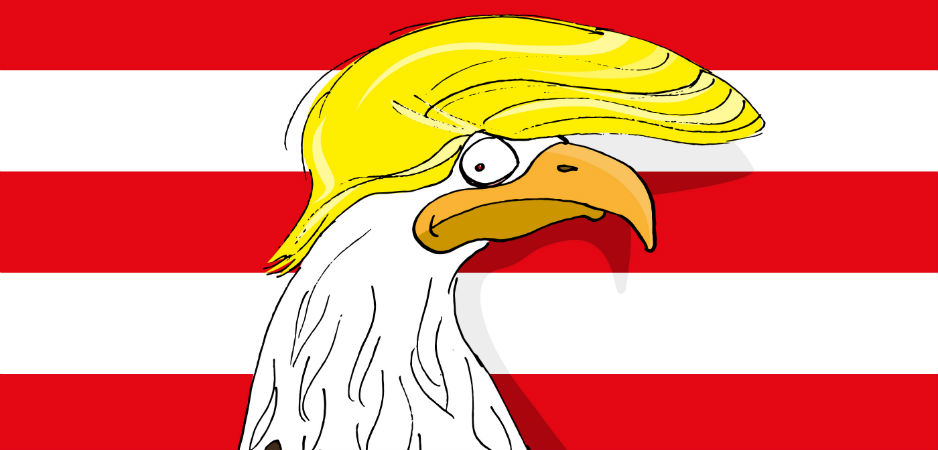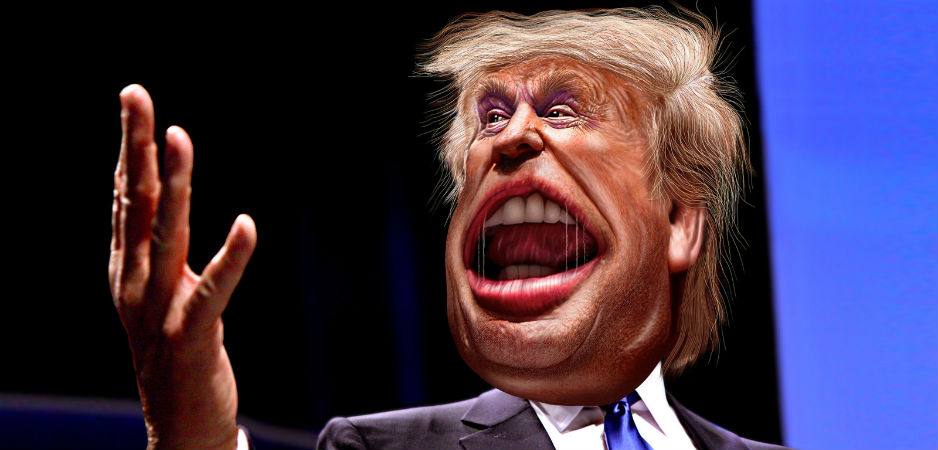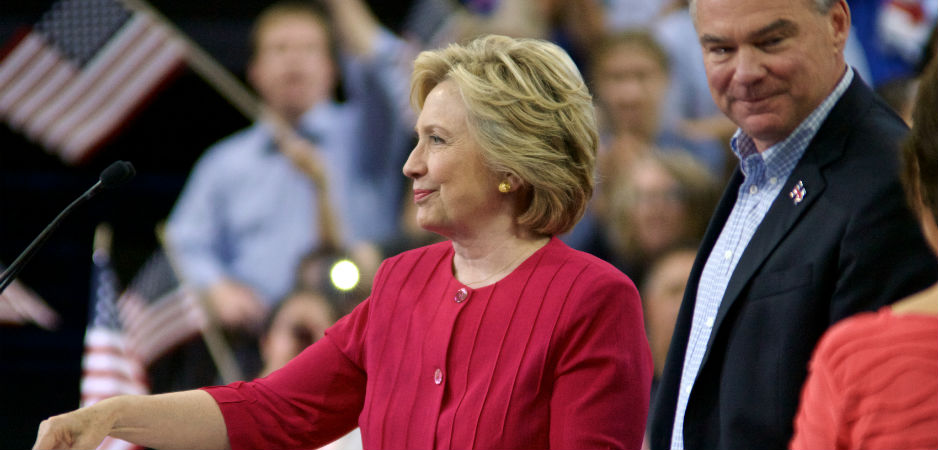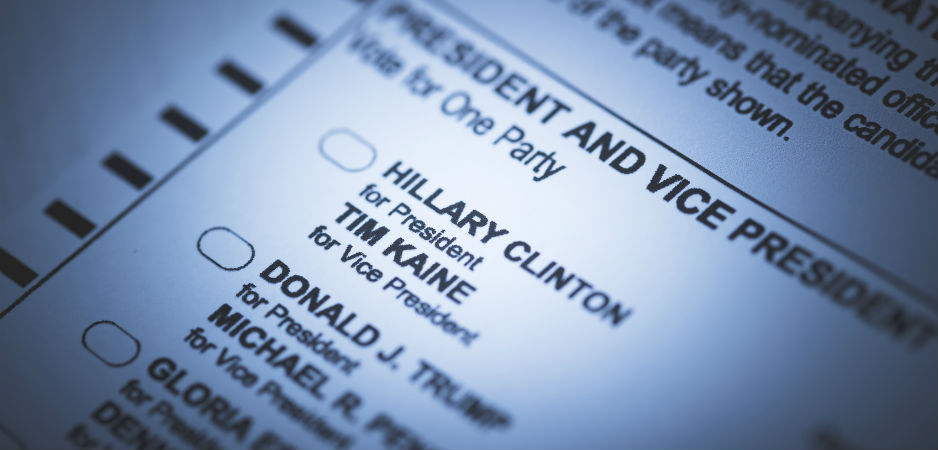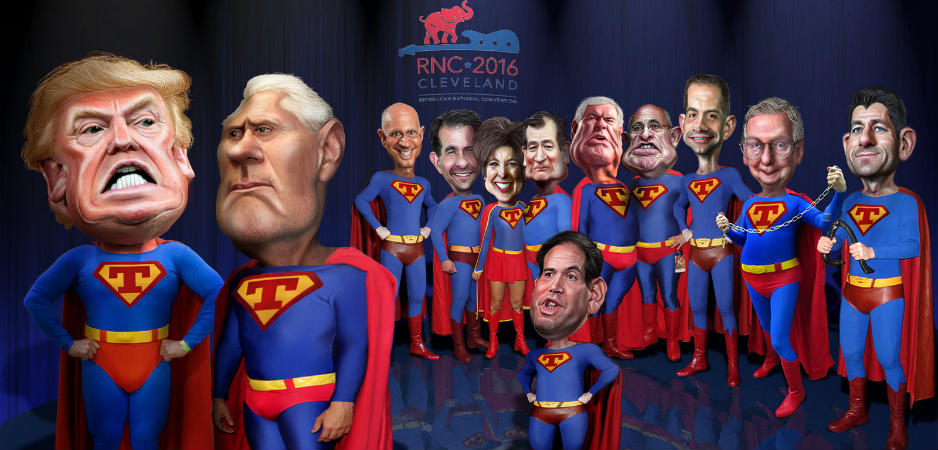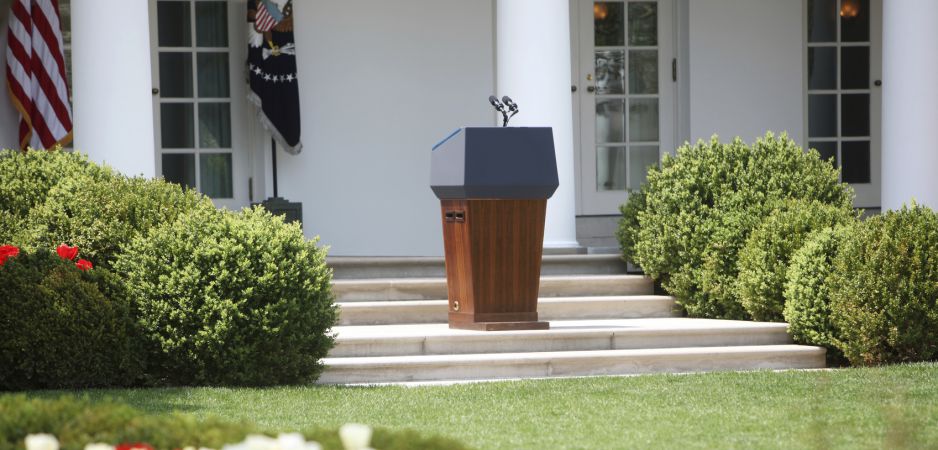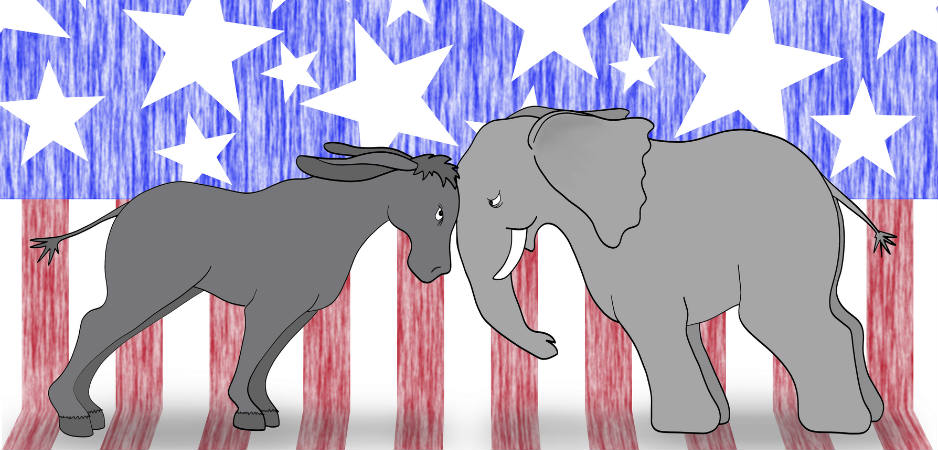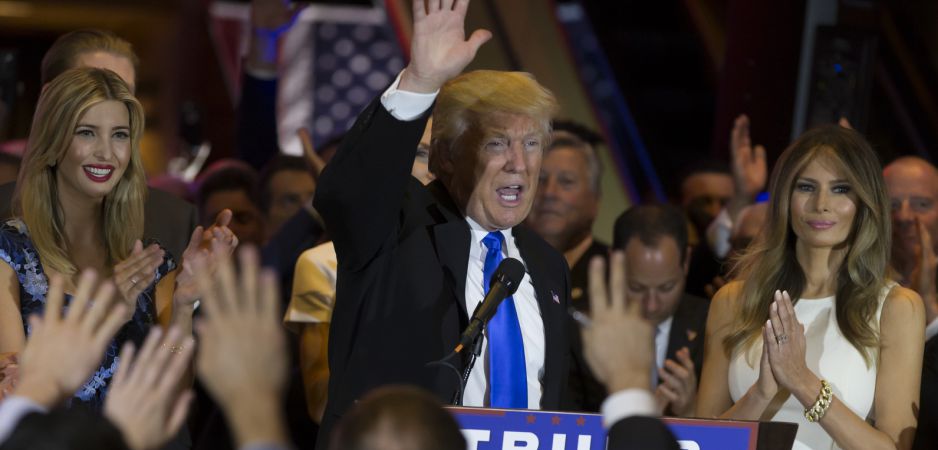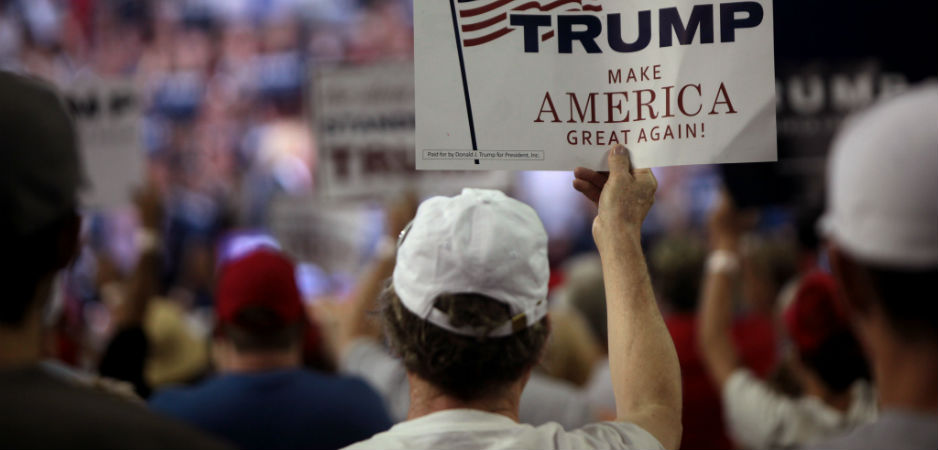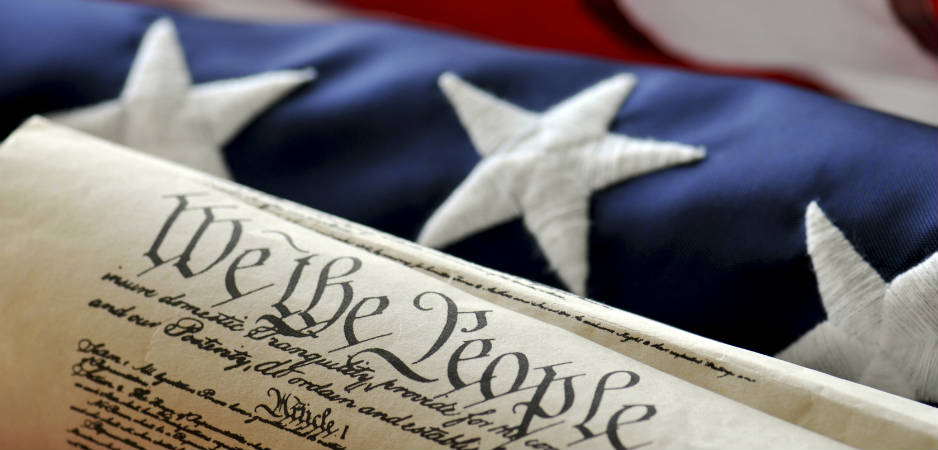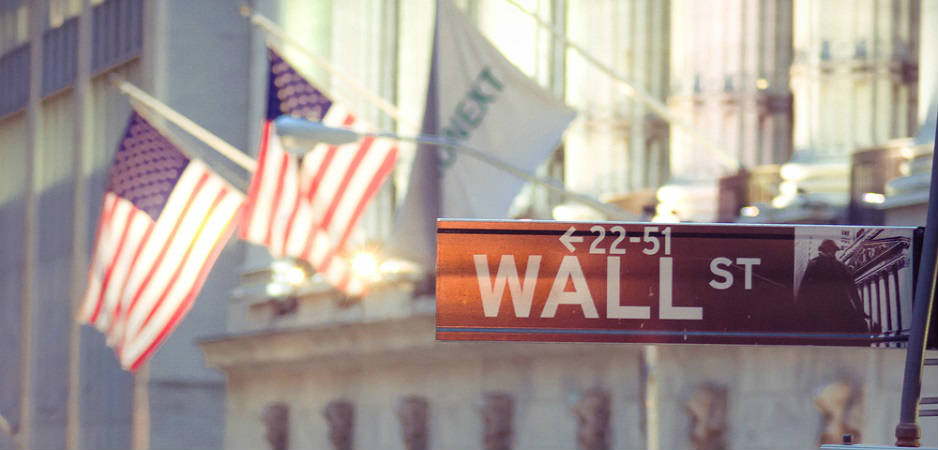Donald Trump has raised so many expectations that it may be impossible for him to live up to them. Former Irish Prime Minister John Bruton explains.
There will be many explanations offered in the days and weeks to come for the surprise victory of President-Elect Donald Trump. The United States is such a diverse country that it is hard to come up with a single or simple explanation.
Trump was much more eloquent than his rival, Hillary Clinton. He came across as comfortable with himself, whereas Clinton appeared anxious at times. He felt he could allow himself to be spontaneous, whereas she did not.
People listened to Trump, partly because they didn’t know what he was going to say next. He did not worry about what the media described as “gaffes” or worse. His electorate made allowances for him because they felt he was authentic. Authenticity is very much in the eye of the beholder, and if people like what they hear, they will consider the speaker “authentic.”
Forces of Globalization
But the Trump victory was about more than a livelier personality and better rhetoric. It was primarily a cultural, rather than an economic, statement that Trump supporters were making. A majority of Americans are anxious about the pace of change, and about the fact that the familiar world, in which they grew up, is disappearing. Americans felt that, by voting for Trump, they were taking back their own country. In a sense, they felt he would return them to an imagined past, in which they would be more comfortable.
Trump supporters no longer felt in full control of their future. They felt that traditional institutions, like trade unions, could no longer protect them from the forces of automation and immigration, or allay their worries about the affordability of entitlement programs. These factors explain the Trump gains in states like Michigan, Wisconsin and Pennsylvania.
The president-elect appealed to American nationalism—a nationalism that provides Americans with a sense of belonging and mutual security in an uncertain world. This nationalistic surge is not confined to America. English nationalism was behind the Brexit vote in the United Kingdom. Nationalism is likely to play a part in the 2017 French presidential election, with potentially disastrous results for the European Union.
Trump’s victory was also a rebellion by those who did not benefit from a college education—and against being patronized and told how to think by those who went to university. This resentment has been aggravated by the prohibitive cost of college education in the US, which has shut so many people out of the “American dream.”
It is much harder to start poor and then become wealthy in the US today than it was 50 years ago. Trump explicitly sought to appeal to this discontent. He was able to do so by simply attacking elites, but without putting forward specific policies that would increase social mobility. Actually applying his policies will be the real challenge for Donald Trump as president.
Implementing Policies Under the Trump Administration
If he implements 45% tariffs on imports from China and 35% on Mexico, this will start a trade war. US corporations who have invested in supply chains involving these two countries will face major disruption. The likely abandonment of the Trans-Pacific Partnership (TPP) and the Transatlantic Trade and Investment Pact (TTIP) will slow the growth of world trade, which has already weakened by the slowdown in the Chinese economy. This is bound to have negative effects on European exporting nations such as Germany.
Trump will not get Mexico to pay for his promised border wall, so it may never be built. The status of illegal immigrants in the US will not improve, but I doubt if we will see mass deportations. The present situation is deeply unfair, and an affront to the rule of law, but it will probably continue.
On the other hand, his commitment to invest heavily in the tired infrastructure of the US will give a boost to global economic growth. However, Trump’s tax cuts for richer Americans will not do much for growth because the better off people are more likely to save than spend
The future US president has the power to implement his policies, so he will not have many excuses. He will not be able to blame a hostile Congress for blocking him because the Republican Party has a majority in both Houses of Congress.
 Fair Observer provides you deep and diverse insights for free. Remember that we still have to pay for servers, website maintenance and much more. So, donate now to keep us free, fair and independent.
Fair Observer provides you deep and diverse insights for free. Remember that we still have to pay for servers, website maintenance and much more. So, donate now to keep us free, fair and independent.
During the presidential campaign, Trump promised to repeal and replace the Affordable Care Act (aka Obamacare), which is proving to be more costly than expected. Repealing it will be easy, but replacing it will be difficult. Whatever health care system is chosen, the costs seem to be rising inexorably. This is because people are living longer and expecting—or are being recommended—ever more complicated treatments. This will be Trump’s most difficult domestic policy challenge.
Trump and US Foreign Policy
The most difficult thing to assess is President Trump’s foreign policy. Clearly, he will be looking for US allies to pay more for their own military defense. But previous presidents did the same. His trade policies will work against this. A trade war will weaken the ability of allies to pay more for their own defense.
In a way, thanks to fracking and the increase it has made in US domestic energy supplies, America is much more independent of the rest of the world than it used to be. An early sign will come when Trump has to decide on his policy for ending the Syrian conflict. If he decides to ally himself with Russian President Vladimir Putin, he will put himself on a collision course with Saudi Arabia. This could draw Turkey into the conflict because of its strong opposition to Syrian President Bashar al-Assad.
Donald Trump has raised so many expectations that it may be impossible for him to live up to them. Populism in power may not be as popular as populism on the campaign trail. Only if that happens will the democratic world return to evidence-based politics.
The views expressed in this article are the author’s own and do not necessarily reflect Fair Observer’s editorial policy.
Photo Credit: Bastiaan Slabbers
For more than 10 years, Fair Observer has been free, fair and independent. No billionaire owns us, no advertisers control us. We are a reader-supported nonprofit. Unlike many other publications, we keep our content free for readers regardless of where they live or whether they can afford to pay. We have no paywalls and no ads.
In the post-truth era of fake news, echo chambers and filter bubbles, we publish a plurality of perspectives from around the world. Anyone can publish with us, but everyone goes through a rigorous editorial process. So, you get fact-checked, well-reasoned content instead of noise.
We publish 2,500+ voices from 90+ countries. We also conduct education and training programs
on subjects ranging from digital media and journalism to writing and critical thinking. This
doesn’t come cheap. Servers, editors, trainers and web developers cost
money.
Please consider supporting us on a regular basis as a recurring donor or a
sustaining member.
Support Fair Observer
We rely on your support for our independence, diversity and quality.
Will you support FO’s journalism?
We rely on your support for our independence, diversity and quality.


